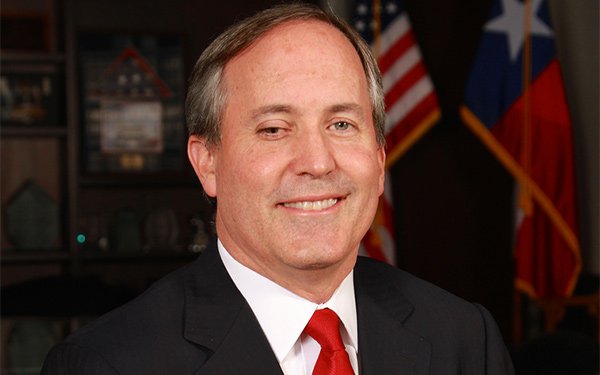
Siding with Texas Attorney General Ken Paxton, a federal
appellate court refused to block him from suing Yelp over warning notices it placed on the Yelp pages of so-called “crisis pregnancy centers.”
The ruling, handed down Thursday by a three-judge panel of the 9th Circuit Court of Appeals, upheld a decision issued in
February 2024 by U.S. District Court Judge Trina Thompson, who rejected Yelp's request for an injunction against Paxton.
The dispute between Yelp and Paxton dates to September 2023, when
Paxton said he intended to sue Yelp for allegedly warning users that crisis pregnancy centers “typically provide limited medical services and may not have licensed medical professionals
onsite."
(Yelp later revised the labels to state: “Crisis Pregnancy Centers do not offer abortions or referrals to abortion providers.”)
advertisement
advertisement
Several days later, Yelp sought a
court order blocking the attorney general from proceeding with a lawsuit. The company argued in its complaint that Paxton sought to target “truthful speech fully protected by the First
Amendment.”
At around the same time, Paxton sued Yelp in Bastrop County District Court. Paxton alleged in his complaint that Yelp's prior warning labels falsely disparaged crisis pregnancy centers, which, he said,
“resource centers provide significant care and counseling to pregnant women” and “commonly provide significant medical services, and have licensed medical professionals
onsite.”
Paxton urged Thompson to reject Yelp's request for an injunction, arguing that the Supreme Court ruled back in 1971 that federal courts generally can't interfere with state
prosecutions.
Thompson agreed with Paxton and turned down Yelp's petition. She said that while there are some exceptions to the principle that federal courts can't block state law enforcement
actions, Yelp's dispute with Paxton wasn't covered by those exceptions.
Yelp appealed to the 9th Circuit, arguing that Paxton's suit was brought in bad faith, and therefore falls within an
exception to the general rule prohibiting federal interference.
The appellate panel disagreed.
“Although we emphasize that we do not decide the merits of the Texas action, we
cannot conclude that it is so facially meritless as to connote bad faith,” Circuit Judge Daniel Bress wrote in an opinion joined by Judges Mark Bennett and Danielle Forrest.